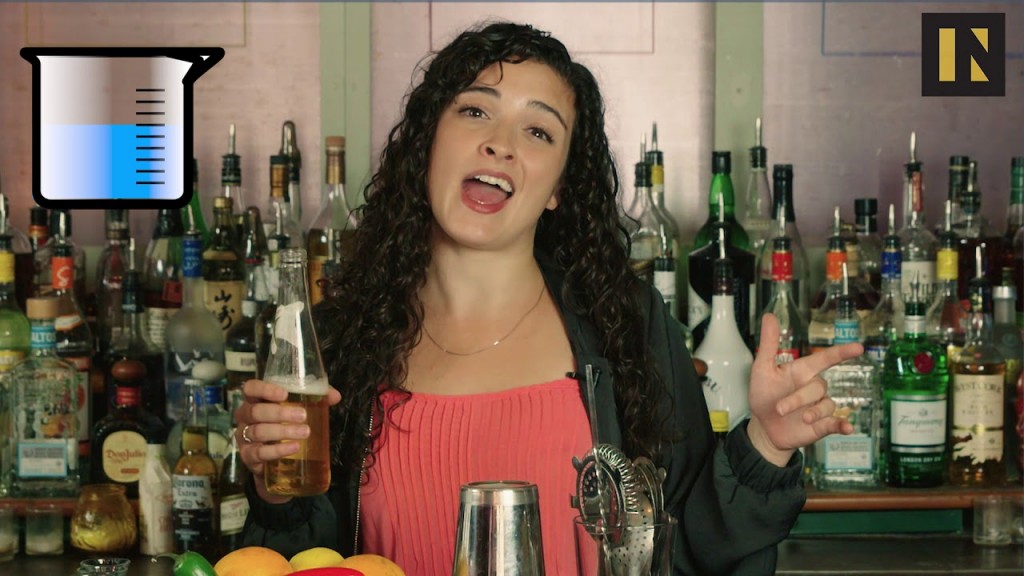Tuesday, 19 March 2019
A neuroscientist gets drunk to explain alcohol’s effects on the brain

And that’s not all she does! She also explains the effects of sugar on the body/brain by eating candy, the effects of insomnia by staying up all night, the effects of the flu when she has it herself and even the effects of a break-up by showing how she responds when her boyfriend breaks up with her (or at least that’s what she lets you believe).
The neuroscientist’s name is Shannon Odell, and at the time this blog post was written, she was a neuroscience Ph.D. candidate at the Weill Cornell Medical College of Cornell University, in New York City. In November 2017, she began producing and starring in a series of 5-minute videos called Your Brain On (Blank), in which she explains very entertainingly and accessibly, but with great scientific rigour, just what happens in your brain and your body when you engage in various kinds of behaviours.
In addition to the videos mentioned above, she has produced about 10 others in this series, on subjects such as social media addiction, music, meditation, or why people love kittens so much. She has also produced a series of shorter, less elaborate videos, called This Is Your Brain on Office Hours, that deal with more targeted questions such as the claustrum, video games and the connection between anxiety and caffeine and nicotine.
You can find all of these videos on a website called Inverse. Founded in 2015, Inverse, as its catchy About page describes, covers reality from a scientific perspective, telling stories in a way that anyone can follow, providing geeky insights about pop culture, news, and everyday life.
Pleasure and Pain | No comments







